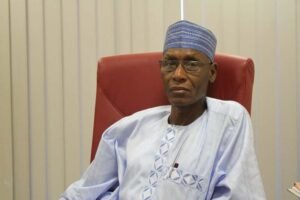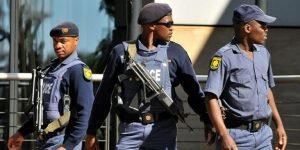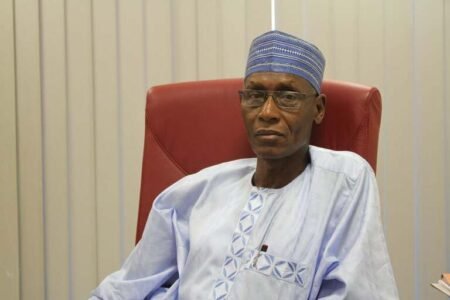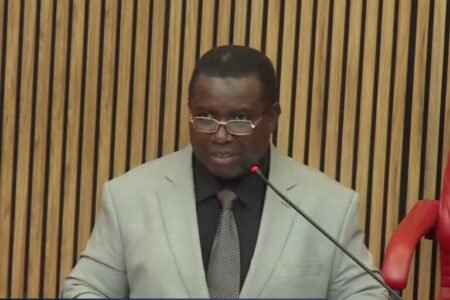President Bola Tinubu’s decision to review and partially revoke the previous presidential pardon list has been regarded as “an act of strength” and “proof of compassion,” according to Bayo Onanuga, Special Advisor to the President on Information and Strategy.
Speaking on Arise TV’s Prime Time program, Onanuga said President Tinubu was not afraid to admit mistakes and make improvements where necessary, characterizing him as a leader who “reads all newspapers, watches TV, and monitors news updates daily.”
“Tinubu is not afraid to reverse himself once he makes errors. This is a president that wakes up in the morning and reads all newspapers and watches TV to monitor news updates,” Onanuga said. “He is a compassionate president who is not afraid to check what he has done and take corrections.”
Onanuga underlined that those who benefited from the clemency, including Maryam Sanda and others with drug-related crimes, received clemency rather than pardons, following careful examination of humanitarian reasons and correctional authorities’ recommendations.
“Maryam Sanda’s case is complicated because she has children, and the father is no more. Who will take care of them? It was a crime of passion, not premeditated,” Onanuga explained. “The biological father of her husband, Alhaji Ahmed Bello Isa, even pleaded for forgiveness.”
He also mentioned that the government considered the principle of rehabilitation and remorse in granting clemency to some convicts.
“If someone has committed a drug offense, has served a major part of his sentence, has shown remorse, and has become a reformed person, the state must have a heart of forgiveness,” he said. “Custodial centers themselves are established to be correctional.”
Onanuga also stated that the administration had transferred the Secretariat of the Presidential Advisory Committee on Prerogative of Mercy from the Federal Ministry of Special Duties to the Federal Ministry of Justice for better oversight and transparency.
“What the government has done in this case is to move the duty from the Special Duties office and place it under the Ministry of Justice for better accuracy,” he said.
Tinubu had earlier signed instruments of pardon and clemency to release certain individuals convicted of various offenses in exercise of his constitutional power under Section 175(1) and (2) of the 1999 Constitution (as amended).
Following meetings with the Council of State and feedback from the public, the President ordered a review of the list, removing names of those convicted of significant crimes such as kidnapping, drug trafficking, human trafficking, fraud, and arms trade.
According to the Presidency, the decision to modify the list was motivated by the three-way concept of justice: fairness to the accused, the victim, and society as a whole.
The reviewed list has been forwarded to the Nigerian Correctional Service for implementation, and the Attorney-General of the Federation has been directed to develop new guidelines for the exercise of the prerogative of mercy, including mandatory consultation with relevant prosecuting agencies.
Onanuga stated that the assessment demonstrates Tinubu’s commitment to judicial reforms and ensuring that acts of mercy are balanced with public safety, fairness, and accountability.










